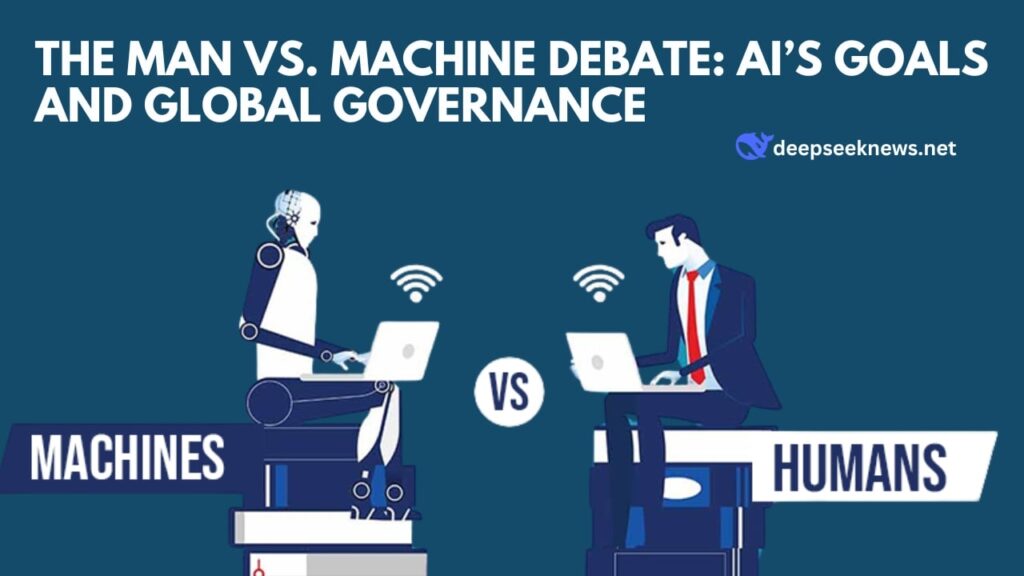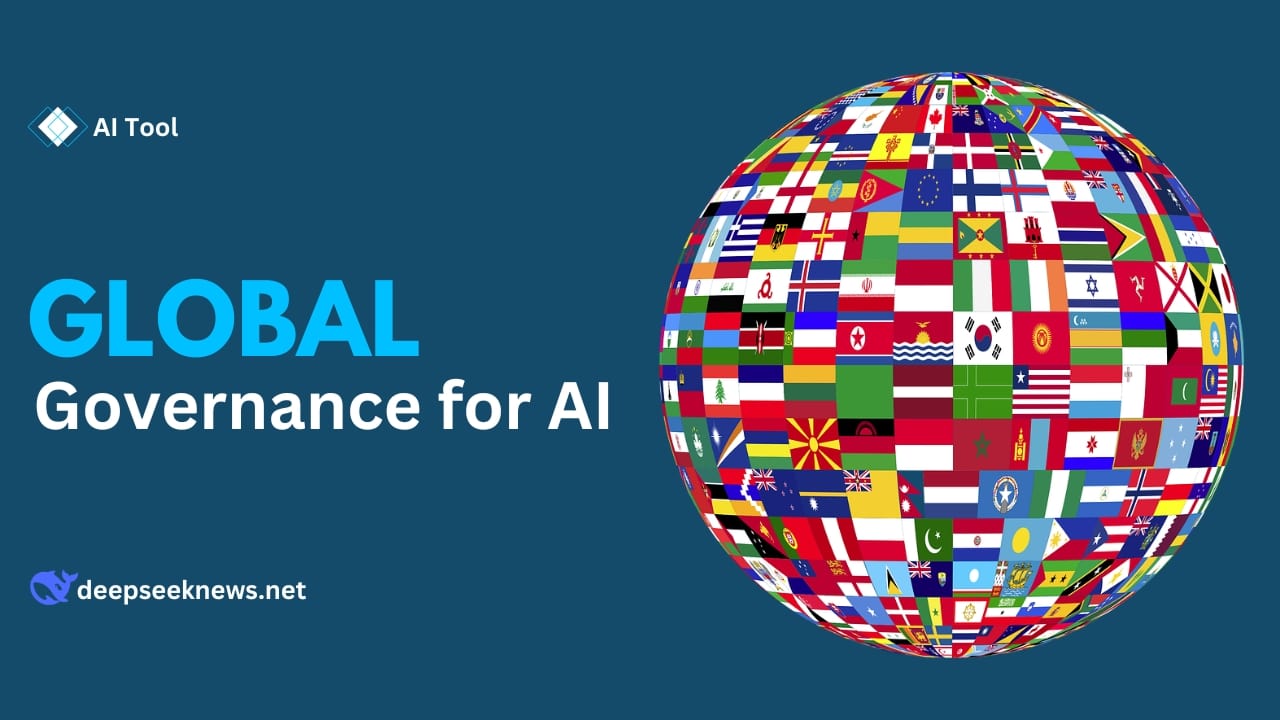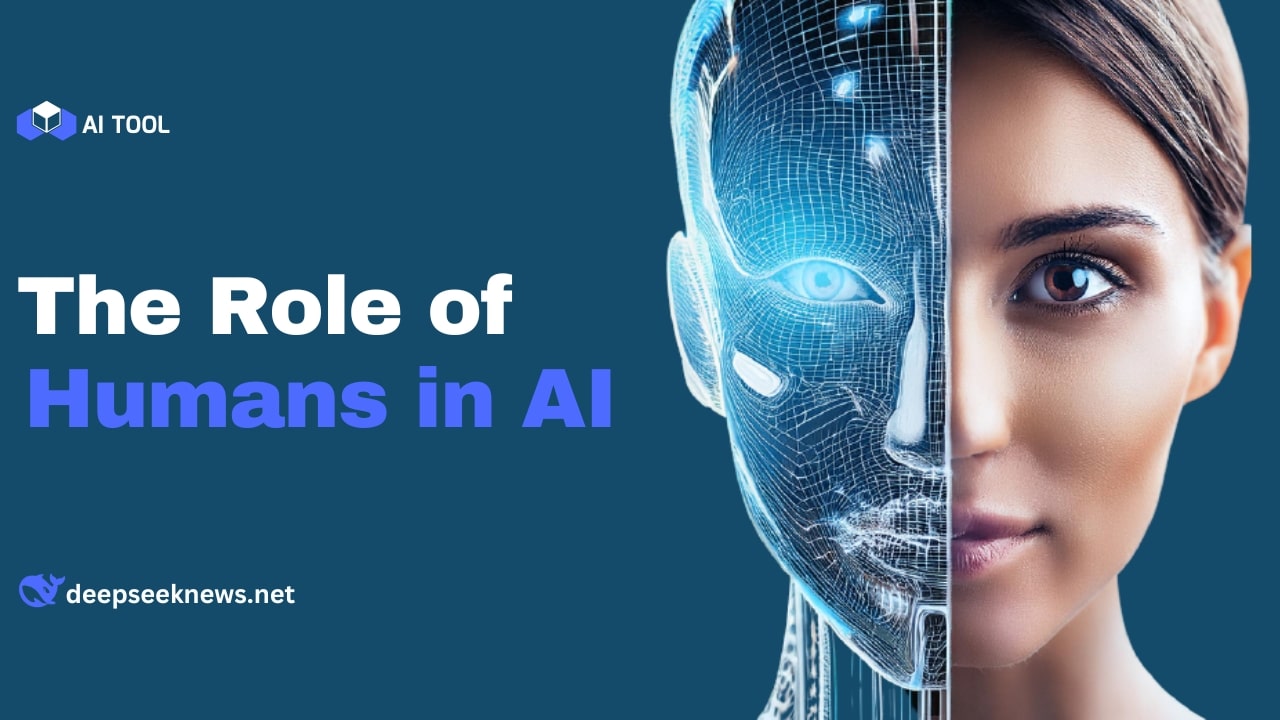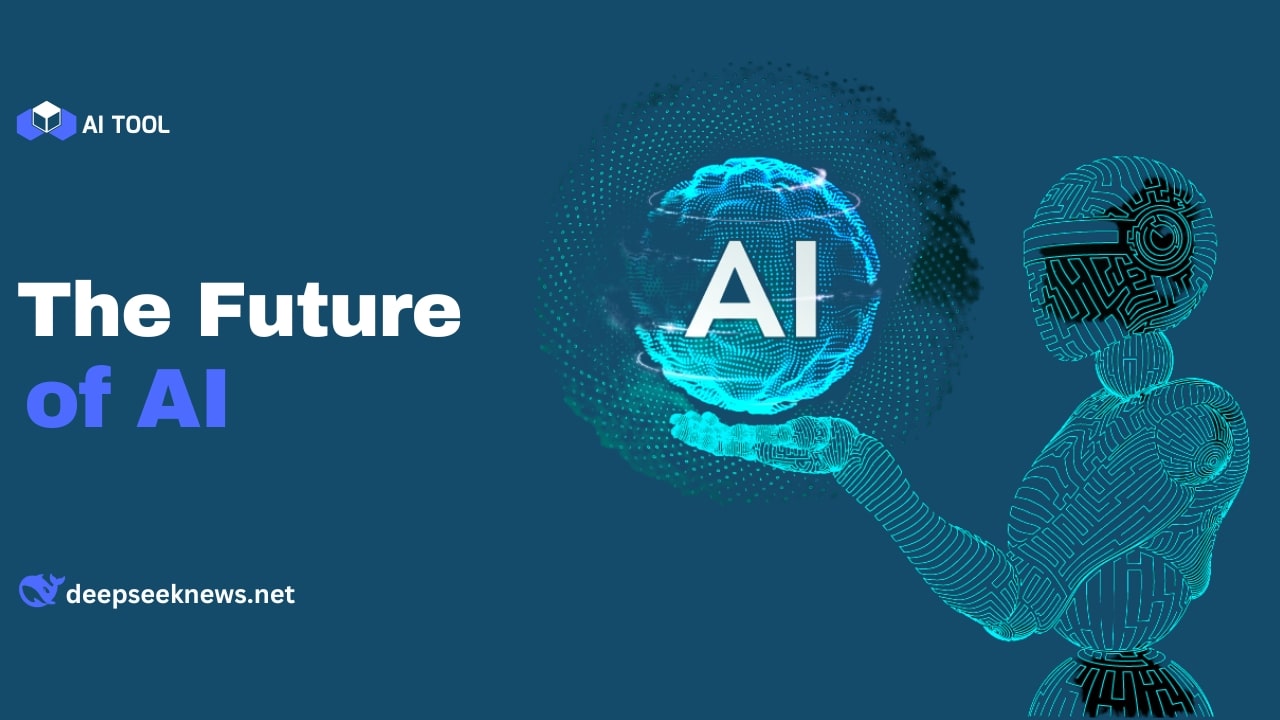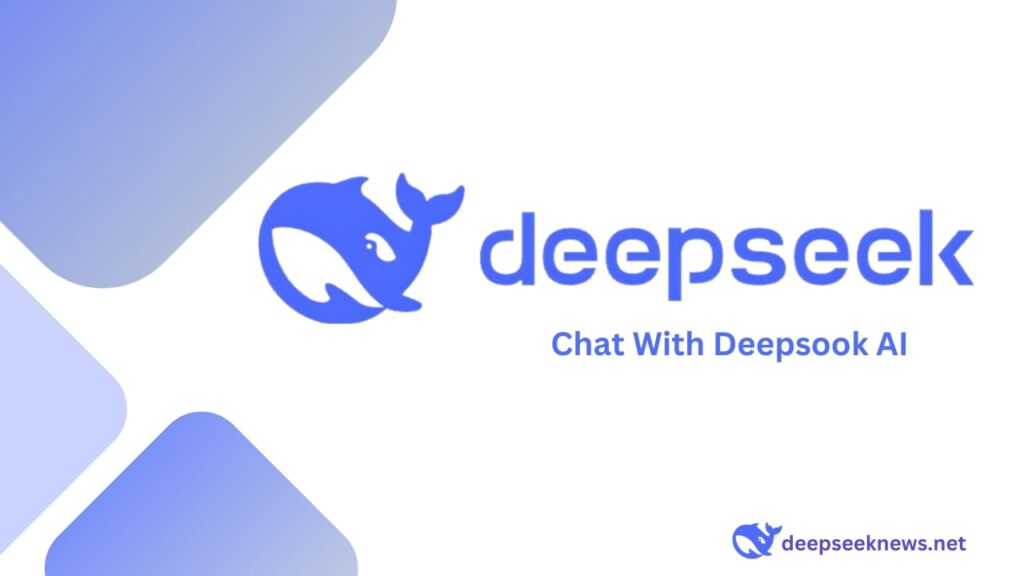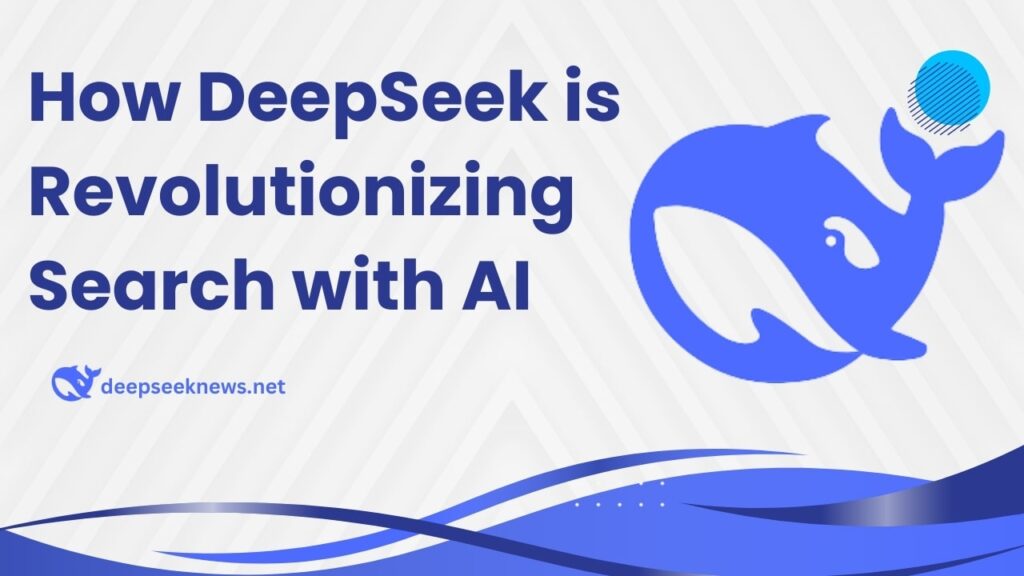Recent developments in artificial intelligence (AI) have reignited the age-old debate: man versus machine. Prime Minister Narendra Modi’s call for a global AI governance framework at the Paris Summit, the U.S. opposing it fearing over-regulation, and China’s launch of the advanced AI model ‘DeepSeek’ have brought this discussion to the forefront.
What is AI Trying to Achieve?
At its core, AI aims to make machines intelligent. But what does that mean? AI is not about creating autonomous beings. Instead, it’s about building tools that can recognize patterns and process data efficiently.
Human intelligence is defined by our ability to act effectively to achieve our goals. Perception, thinking, learning, and inventing all contribute to this ability. Similarly, AI’s intelligence is measured by how well machines can achieve the objectives we assign to them. for more deatils click on this Hunan Bans AI for Prescriptions, Embraces AI for Hospital Efficiency.
Global Governance for AI
Prime Minister Modi’s call for a global AI governance framework highlights the need for international cooperation. AI’s impact is global, and its regulation requires a unified approach.
However, the U.S. argues that such frameworks could lead to over-regulation, stifling innovation. This disagreement underscores the challenges of balancing innovation with ethical considerations.
China’s DeepSeek: A New Player
China’s launch of ‘DeepSeek,’ a large language model, adds another layer to the debate. DeepSeek showcases China’s growing capabilities in AI and its ambition to lead in this field.
This development also highlights the competitive nature of AI advancements. Countries are racing to develop smarter AI, raising concerns about a lack of global coordination. Experts are amazed by DeepSeek’s groundbreaking AI research, which is reshaping how artificial intelligence is perceived worldwide.
The Role of Humans in AI
Despite AI’s advancements, humans remain in control. Machines lack independent goals and rely on human input to function. This makes it crucial to define clear objectives for AI systems.
AI is a tool, not a replacement for human intelligence. Its success depends on how well it complements human efforts rather than replacing them.
The Future of AI
As AI continues to evolve, the man-versus-machine debate will persist. Key questions include:
- How do we ensure AI aligns with human values?
- What role should global governance play in AI development?
- How can we balance innovation with ethical concerns?
These questions don’t have easy answers. But they highlight the need for ongoing dialogue and collaboration among nations, researchers, and industries. With advancements like DeepSeek’s real-time search reshaping how we access information, AI’s influence will only grow stronger.
Conclusion
AI is a powerful tool with the potential to transform industries and improve lives. However, its development must be guided by clear goals and ethical considerations.
The recent developments—Modi’s call for governance, the U.S.’s concerns, and China’s DeepSeek—show that the AI debate is far from over. As we move forward, finding the right balance between innovation and regulation will be key to harnessing AI’s full potential.
In the end, AI is not about machines taking control. It’s about humans using technology to achieve our goals more effectively. The future of AI depends on how well we navigate this balance.

